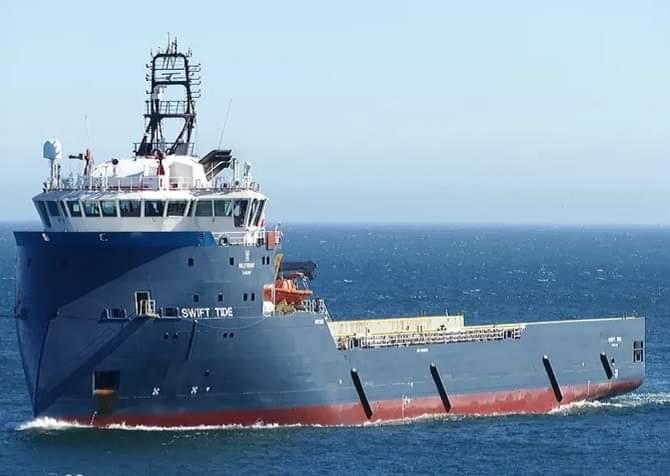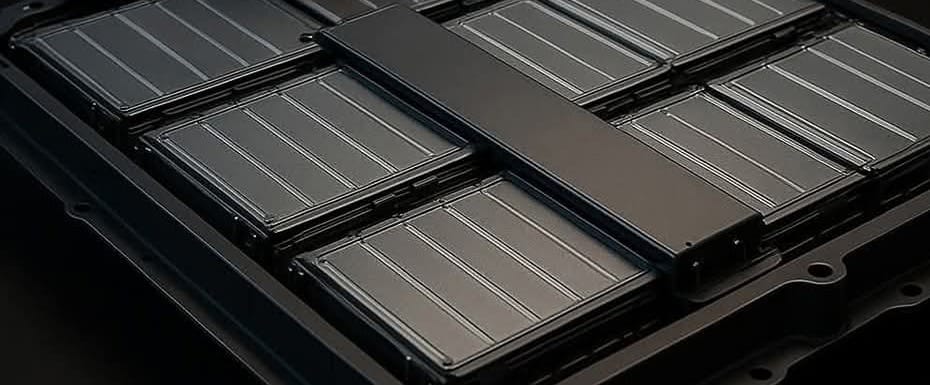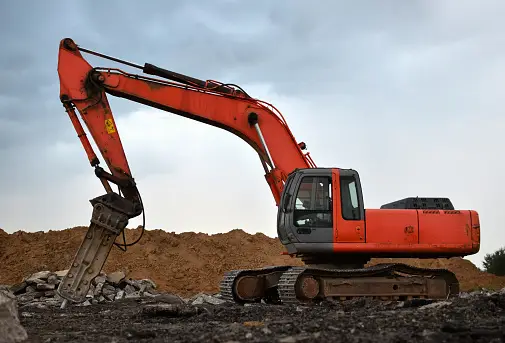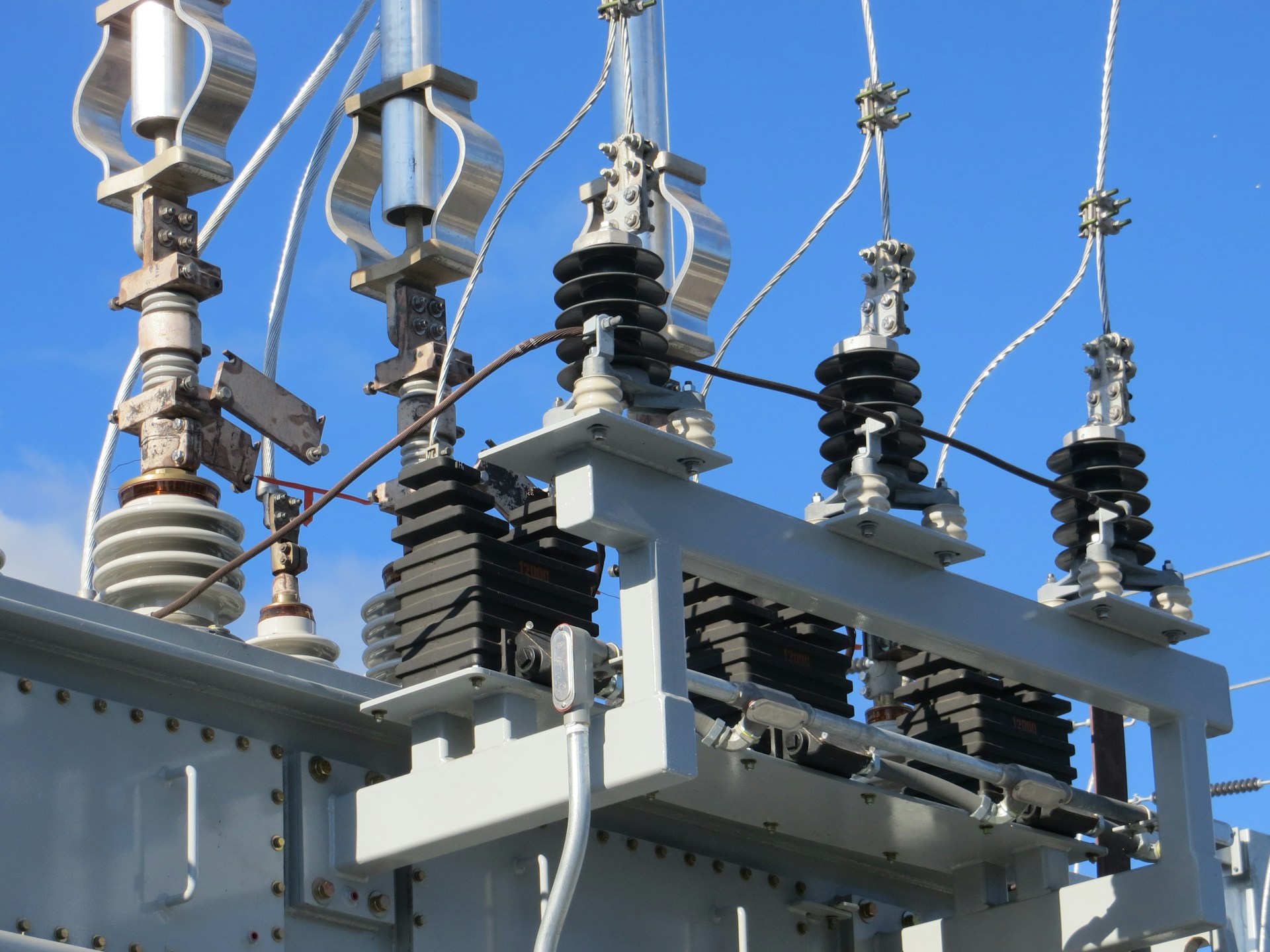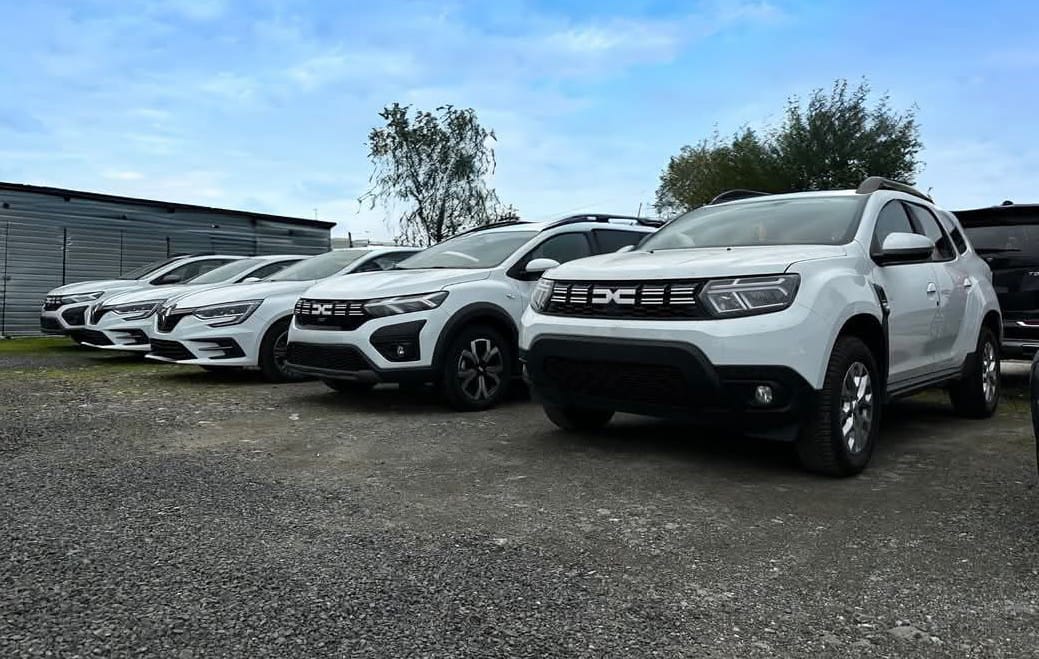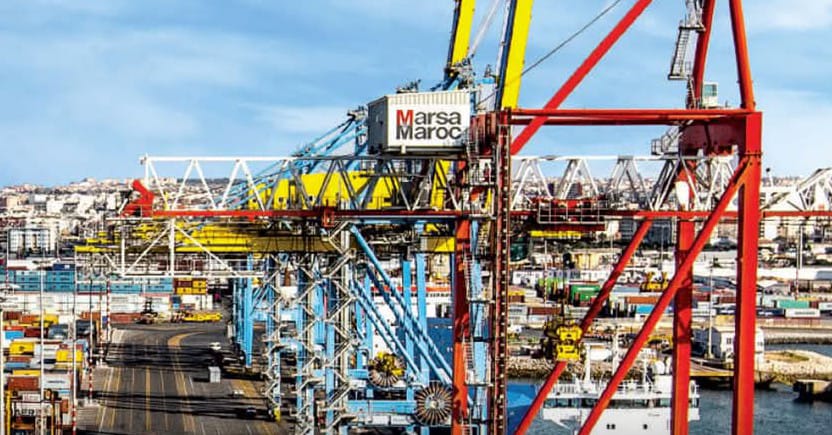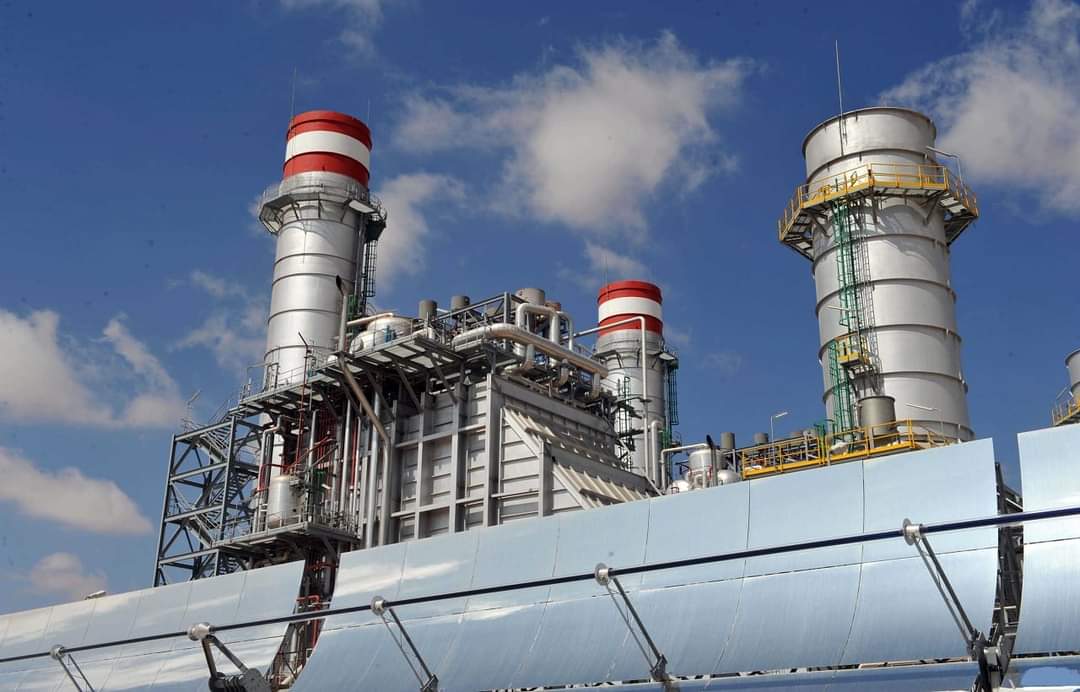Casablanca – Morocco’s gas exploration sector has witnessed significant developments with promising findings from the ongoing drilling at the Anchois-3 well, part of the Lixus offshore license. Two key players in the project, the British energy company Chariot Limited and the Greek company Energean, recently revealed early results from their drilling activities. These results, though mixed, signal potential for Morocco’s energy independence and economic growth.
The Anchois-3 well, located off Morocco’s northern coast, is part of a larger initiative to increase the field’s production capacity. Currently, efforts are aimed at boosting the reserve estimate from 637 billion cubic feet to over one trillion cubic feet of gas. While drilling operations are still underway, initial analyses have yielded some positive outcomes.
Chariot Limited reported encouraging signs of gas within sandy layers in the Anchois-3 well. These findings suggest the presence of substantial gas reserves, but the company has emphasized that further evaluations are necessary to fully gauge the well’s potential. Chariot has committed to conducting additional detailed drilling to clarify the significance of these early discoveries.
On the other hand, Energean, which holds a 45% stake in the Lixus license, stated that gas quantities discovered thus far are below previous estimates. Despite this, drilling efforts continue, with the company committed to releasing more updates once deeper layers are explored and full evaluations are completed.
Chariot holds a 30% stake in the Lixus license, with Morocco’s Office National des Hydrocarbures et des Mines (ONHYM) controlling the remaining 25%. The collaboration between international energy companies and Morocco’s national institutions reflects the growing importance of the Anchois field, not only for domestic consumption but also for potential gas exports to Europe.
Morocco has long sought to achieve energy independence, and the ongoing exploration of gas fields plays a crucial role in reducing its reliance on imports. The proximity to Europe, coupled with the country’s political stability, gives Morocco a strategic advantage in supplying energy to neighboring regions. Should the ongoing drilling efforts yield positive results, Morocco could become a key player in the regional energy market, enhancing its economic standing.
The Anchois-3 well is part of a multi-phase project, with each phase aimed at maximizing the field’s potential. The current drilling campaign is designed to assess deeper gas reserves, building on earlier findings that estimate substantial gas volumes in both the main and surrounding fault blocks. These efforts are expected to play a crucial role in Morocco’s energy strategy, providing much-needed natural gas to power domestic industries and reduce energy imports.
The results of the Anchois-3 well will ultimately determine the next steps in developing the field. If drilling continues as planned, the final investment decision could be made soon, paving the way for full-scale production in the coming years.






